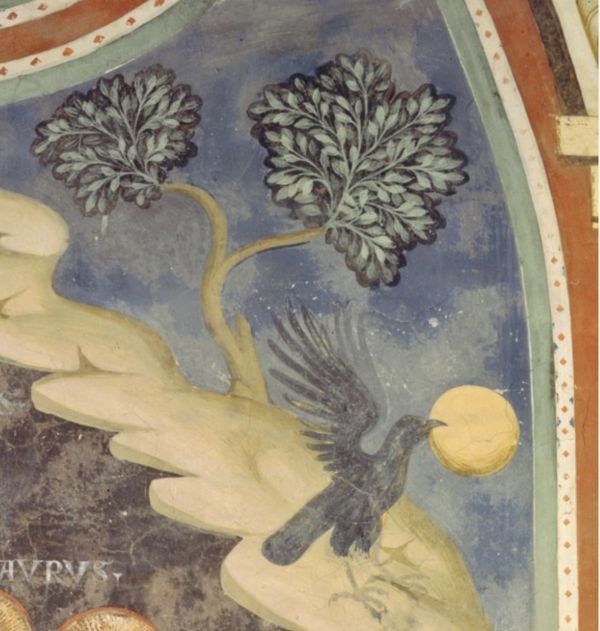The two parables illustrated in the passage from Luke highlight the characteristics of the Kingdom of God: hiddenness and littleness, capable of making the Good News leaven.
Francis understood that Jesus in the Gospel calls us to become men and women capable of making the Word reign in our own lives and in the lives of others.
Concealment is the main theme of today's Gospel, and the two Poor Men of Assisi had understood that the greatness of God is to contain in the small and insignificant the irrepressible that is God himself.
In the Sources there are descriptions that highlight all this.
For example, in the Papal Bull of canonisation of St Clare we read:
'Indeed, this light kept itself enclosed in the hiddenness of cloistered life, and outside it radiated luminous gleams [...].
It kept itself within: and spread out.
Clare, indeed, hid herself: but her life was known to all.
Clare kept silent: but her fame cried out.
She kept herself hidden in her cell: yet in the cities they preached about her" (FF 3284).
"This was the tall tree, reaching towards the heavens, with its branches spread out [...] and in whose pleasant and pleasant shade many followers flocked from all sides, and still flock to enjoy its fruit" (FF 3294).
Francis himself shunned the company of men when he could, finding refuge in hermitages, knowing full well that in solitude and burial the seed sown produces copious shoots.
The Sources inform us:
"While Francis, shunning as was his habit from the sight and company of men was in a hermitage, a falcon who had his nest there made a solemn pact of friendship with him" (FF 754).
In reality, the Kingdom of Heaven lurks where the apparent smallness shines, giving flavour to everything.
"To what shall I compare the Kingdom of God? It is like leaven, which a woman having taken hid in three bushels of flour, until all was leavened" (Lk 13:20-21).
Tuesday, 30th wk. in O.T. (Lk 13:18-21)












